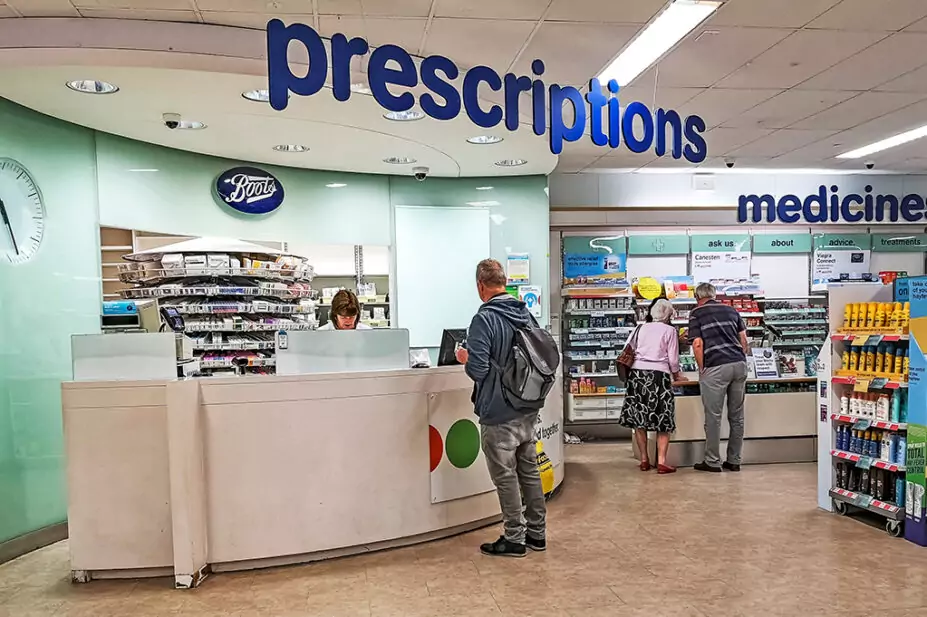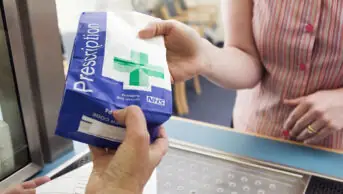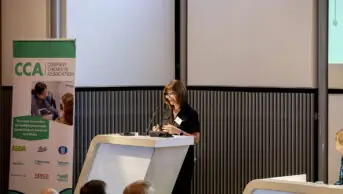
Shutterstock.com
Funding to trial an independent prescribing service is “unviable” and will leave pharmacists “out of pocket”, community pharmacy leaders have warned.
The Independent Prescribing Pathfinder programme, first revealed by The Pharmaceutical Journal in August 2022, was developed to explore how community pharmacists can deliver independent prescribing across all regions in England to support primary care clinical services.
In January 2023, all 42 integrated care boards (ICBs) in England submitted expressions of interest to be part of the programme and up to 210 community pharmacies are planned to become independent prescribing pilot sites, referred to as ‘pathfinders’.
Funding for the service is provided through the NHS England Pharmacy Integration Fund.
Speaking at a webinar on 14 September 2023, Anne Joshua, head of pharmacy integration at NHS England, said that pharmacist independent prescribers (IPs) would deliver the services in 4-hour blocks, with around 6 sessions per week up to a maximum of 24 sessions per month, which could be used over a working day or half-day timeframes.
However Deborah Crockford, chief officer of Community Pharmacy South Central, told The Pharmaceutical Journal that being paid for sessions rather than activity was “convoluted and confusing and has caused an awful lot of angst amongst the LPCs”.
“They are saying that if we deliver the [NHS Pharmacy Contraception Service] as part of this pathfinder programme, we only get the sessional payment and we won’t be able to claim for the actual delivery of the service as we would do if we were delivering the advanced service. That means the pharmacist could potentially be worse off financially,” Crockford explained.
“In theory, if a community pharmacist saw plenty of people in their four-hour session but couldn’t claim for the advanced service, they could be out of pocket and could be better off just sticking to delivering the advanced service financially, which is not right.”
Under tier 1 of the NHS Pharmacy Contraception Advanced Service, which rolled out nationally on 24 April 2023, pharmacists are able to continue the provision of oral contraception.
A spokesperson for the National Pharmacy Association (NPA) said there was a figure of £49 an hour for services “widely circulating among contractors and local pharmaceutical committees (LPCs)”.
Gareth Jones, director of corporate affairs at the NPA, said the organisation had told senior NHS officials that the fee was “unviable”.
“It fails to take into account the total cost to the pharmacy, which includes staffing and the opportunity cost of an occupied consultation room,” Jones said.
“This programme is a once-in-a-generation opportunity to push the boundaries of community pharmacy clinical practice — but a demotivating fee structure will get things off to the worst possible start.”
Alastair Buxton, director of NHS services at Community Pharmacy England (CPE), said the organisation had fed back concerns about the “low level of funding” to NHS England, which it says does not “adequately reflects the costs and wider economic consequences of participation in the programme for pharmacy owners”.
Buxton said the issue was owing to pathfinder sites being commissioned as a local enhanced service, which means the ICB, as commissioner, has a duty to consult the LPC on the contractual terms.
He added that CPE did not “consider a proper consultation can be undertaken, where the funding levels are being fixed by NHS England”.
“If there was no scope for the local commissioners to modify funding within the programme, it would have been more appropriate for NHS England to have considered commissioning it as a national enhanced service, with the terms and funding being discussed with us,” he said.
Tania Farrow, chief officer of Community Pharmacy Suffolk, told The Pharmaceutical Journal that the fee fixed by NHS England was “much lower” than the fee suggested by ICSs in their submissions.
“This cannot be a consultation when there can be no variation in the fee and there is no recognition of the fact that what might need to be delivered for that fee will differ widely depending on the clinical model,” Farrow added.
“IPs in community pharmacy could deliver significant benefit for local systems in the future but ICSs have to be given the autonomy to develop a model that works for them. This requires flexibility in the funding model, which also needs to be tested as part of the pathfinder programme every bit as much as the clinical model, if we are to use the untapped potential of community pharmacists to support NHS priorities.”
A spokesperson for NHS England told The Pharmaceutical Journal: “A number of prescribing models and pathways were proposed by ICBs and we have undertaken a moderation process working with regional colleagues and through the national Independent Prescribing Oversight Group.”
The spokesperson declined to comment on funding.


